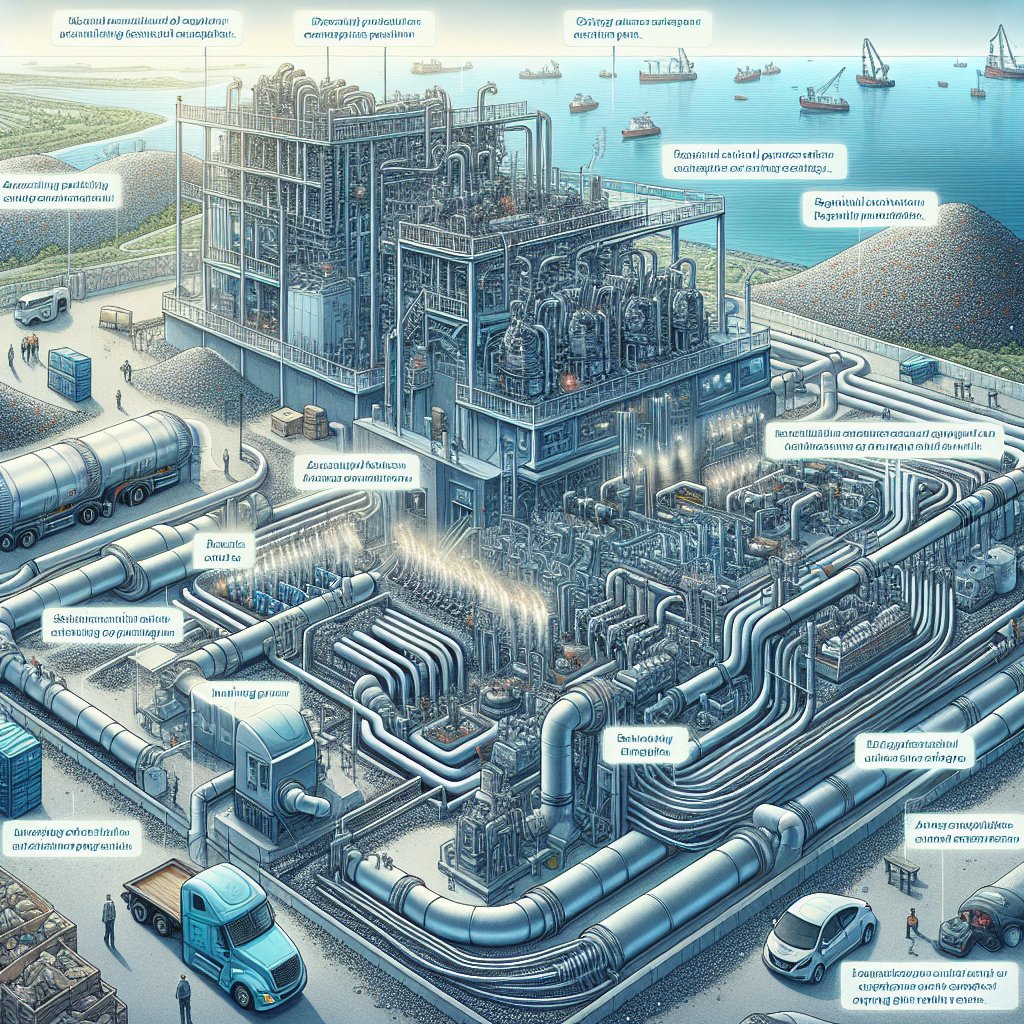Image created by AI
Cape Town's Waste-to-Energy Project Gears Up for 2024 Electricity Production
Cape Town is on the verge of an energy revolution as it gears up to convert its waste into a valuable resource: electricity. The project at Coastal Park is part of an innovative and environmentally-conscious effort by the city's Urban Waste Management and Energy departments to tap into the power of landfill gas, a byproduct of decomposing organic matter.
The process of waste-to-energy involves extracting methane-rich landfill gas through a network of perforated pipes or wells embedded in the waste heaps. This gas will then be directed to specially-designed engines capable of converting it into electricity. However, before these engines can whir into action, a specialized thermal mass flow meter must be installed to measure and manage the gas flow accurately.
Adherence to regulations is also critical in this process. Various regulatory procedures must be completed to permit the safe and effective connection of the energy-producing engines to the electricity grid. This not only involves the technical setup but also the acquisition of the necessary permits and safety inspections that ensure compliance with both local and national standards.
Adding to the operational logistics, the City of Cape Town is also anticipating the arrival of critical spare parts required for the gas engines, ensuring that once the project is up and running, maintenance and repairs can happen without significant downtime.
Although the site itself will consume most of the electricity, with an estimated annual output of approximately 15 million kWh, it is a small but significant step towards self-reliance for the operations. This energy will be pivotal for running the site's activities, including the equipment and the new recycling facility currently under construction. This green initiative not only helps in managing waste more efficiently but also offsets a part of the electricity consumed by municipal operations, easing the burden on the national grid to some degree.
It should be noted that the electricity generated from this innovative project won't be enough to eliminate the challenges of load-shedding that South Africans are all too familiar with, but it will contribute to a larger suite of solutions being pursued by the Energy Directorate. In combination with other renewable energy initiatives, this waste-to-energy project represents a move towards more sustainable energy practices and leaves room for future expansion and further harnessing of waste as a resource.
This progressive endeavor syncs with the global trend of seeking sustainable solutions for waste management and energy production, aligning Cape Town with other leading cities in the fight against climate change and resource depletion. As we edge closer to the projected operational date in the second half of 2024, Cape Town sets an example of innovation in urban sustainability and green energy production.










